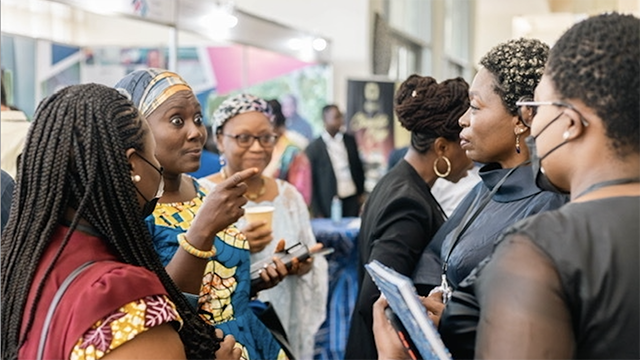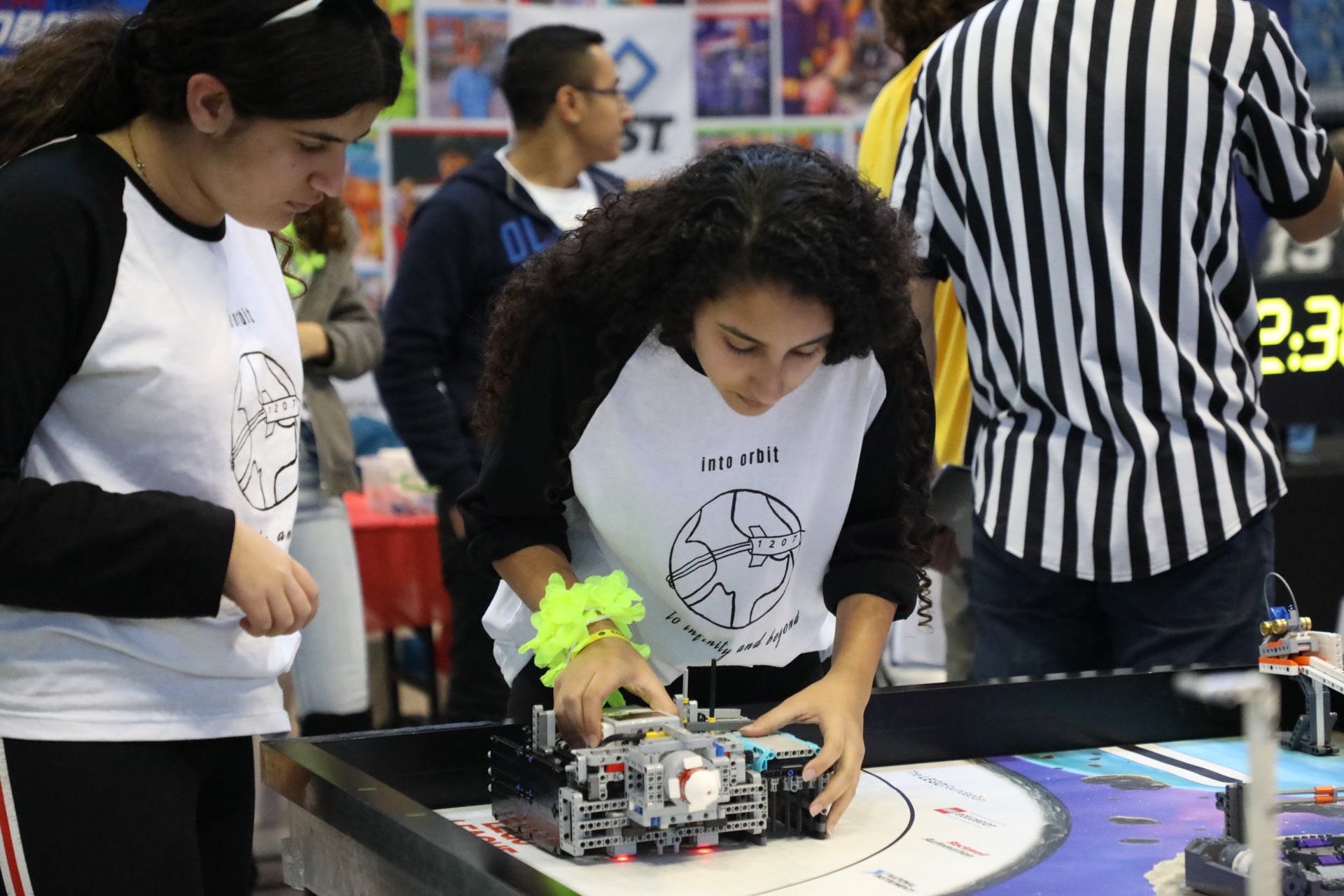What is the way forward to bring a peaceful resolution to the conflicts in the Middle East region? How should the US get involved — or should we get involved at all? 2014 Aspen Ideas Festival panelists, including Carnegie Endowment for International Peace Vice President of Studies Marwan Muasher, New America President and CEO Anne-Marie Slaughter, and former Sen. George Mitchell tackled this topic and shared their persepctives on how to once and for all end the violence in the Middle East.
Read below for some of their most quoteable thoughts, and watch the full conversation here.

“Instead of trying to moderate and reconcile the conflicting ethnic and religious differences in the region, many leaders have made their careers by exploiting those divisions for their personal benefit, both personal and political and financial. And it’s made the effort to reduce sectarianism… all the more difficult.” -Former Sen. George Mitchell, chairman emeritus, DLA Piper

“In Sarajevo and in Syria, these are societies — in Bosnia, in Serbia, in Kosovo, in Syria — where ethnicities live side by side and intermarry for long periods of time until it becomes valuable to exploit the division. And yes, the division’s there because you can always revert back to history, you can always inflame it, but it is manipulated for political ends.” -Anne-Marie Slaughter, president and CEO of the New America Foundation

“What I’m suggesting is we are going to look back, and we’re going to see what happened in Syria, and we’re going to see the larger destabilization of the Middle East, the rise of extremism, and we’re going to wonder… Why didn’t we at least try to force a political solution — at an acceptable cost to us, because no one is saying we should send in ground troops — and if we did it would be worse than doing nothing… If we do not act, we are going to look back and wonder why we didn’t.” -Anne-Marie Slaughter, president and CEO of the New America Foundation

“A political solution is going to involve neighboring countries… You will have to bring people together to agree on a political process. If that includes supporting a military exercise of some sort without sending troops, that is on the table, as long as this is not the only option that people look at.” -Marwan Muasher, vice president for studies at the Carnegie Endowment for International Peace

“I think we Americans have to learn the distinction between our ability to influence events — in which we have an unparalleled ability to do that — and to control events, which we do not have, and never will have the ability to control them. And I believe we should act with great restraint in terms of military intervention, because these conflicts are going to go on for a long time.” -Former Sen. George Mitchell, chairman emeritus, DLA Piper

“It’s about time that we as Arabs take things into our own hands and figure out our own future, rather than [keep depending] on some outside force to do it for us… particularly when intervention by this outside force has not particularly been beneficial to the region in recent history.” -Marwan Muasher, vice president for studies at the Carnegie Endowment for International Peace
RELATED CONTENT:

